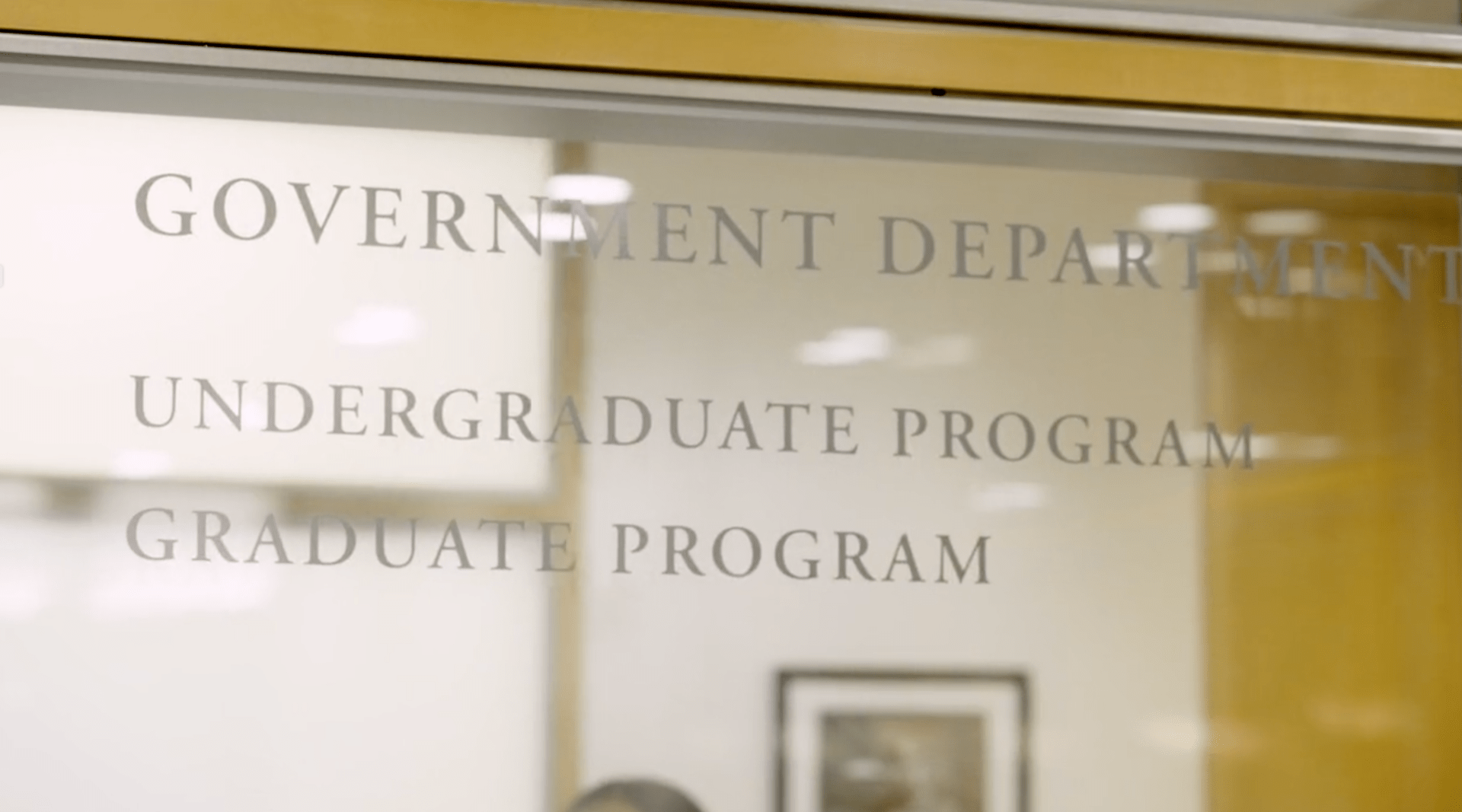In the last several years, we’ve experienced a marked increase in the number of joint concentrators, and, as all joints are required to write a thesis, a concomitant increase in theses that straddle disciplines.
Writing a thesis jointly with another department, if there is a compelling rationale for it, can be an immensely rewarding (and scholarly productive) task. However, doing so well is often challenging. This is because a joint thesis is not meant to pick-and-choose between topics and methods from two different disciplines, but rather is expected to meet the full disciplinary requirements of both departments.
If you are Gov primary, you will be expected to meet all Government Department requirements for a senior thesis (e.g., 80-120 page length, departmental submission deadlines). You will also need to register for, and successfully complete, both terms of Gov 99 in order to be eligible to submit your thesis for honors consideration. In all cases, you will have a primary thesis advisor in Government, as well as an additional advisor (or advisors) in your allied department.
If you are Gov allied, you will be expected to follow the requirements of the primary department, including submission deadlines (if the other department is not one we work with regularly, we will likely need to have a meeting between program coordinators to make sure everyone is on the same page). But you will have to have a thesis advisor in the Government Department to go along with your primary advisor. However, you will not be expected to take Gov 99 unless the other department does not have an equivalent class for thesis writers (and even if they do, you’re more than welcome to audit Gov 99).
